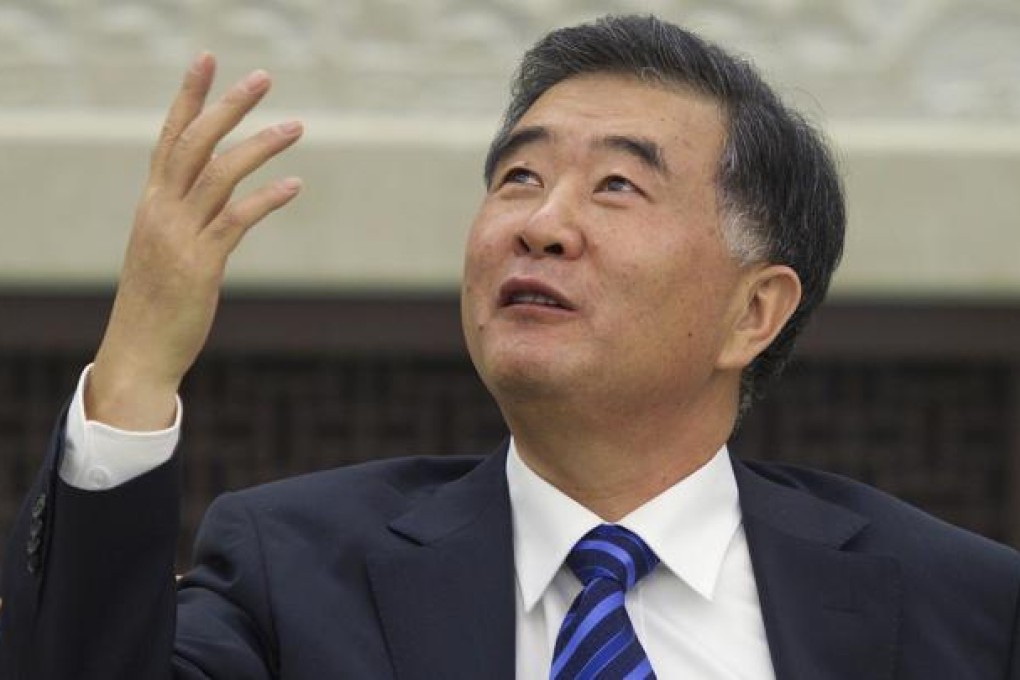Opinion | New ministry needed to map out reforms
Officials won't give up power easily so concrete plans have to be drawn up to push the government to deregulate and decentralise

"In fact, reforms are aimed at cutting off pieces from one's own body."
That's what Wang Yang, a senior mainland official, told a panel discussion of NPC deputies from Anhui province in Beijing last week.
His words may sound sadistic but they encapsulate the enormous challenges and difficulties the mainland leadership has in pushing ahead with any major reform - political, economic or social.
This is not the first time Wang, well known for his reformist outlook, has made such a bold call for reforms.
But as a Politburo member who is expected to become a vice-premier in the new cabinet to be unveiled this Sunday, he will face a litmus test of putting his own words into action as he will be one of the key decision makers to wield the knife.
It is interesting to note that Wang, who is widely seen as a close ally of outgoing premier Wen Jiaobao, has long been one of the most vocal advocates for reform among senior mainland officials.
